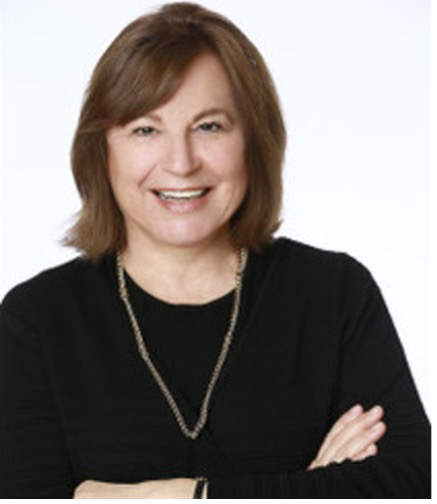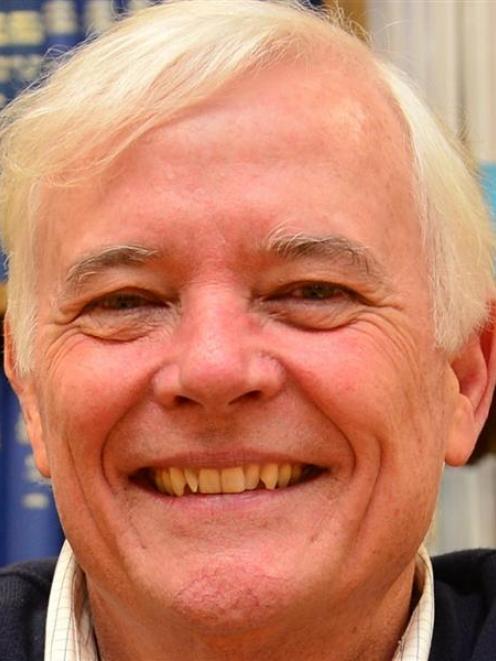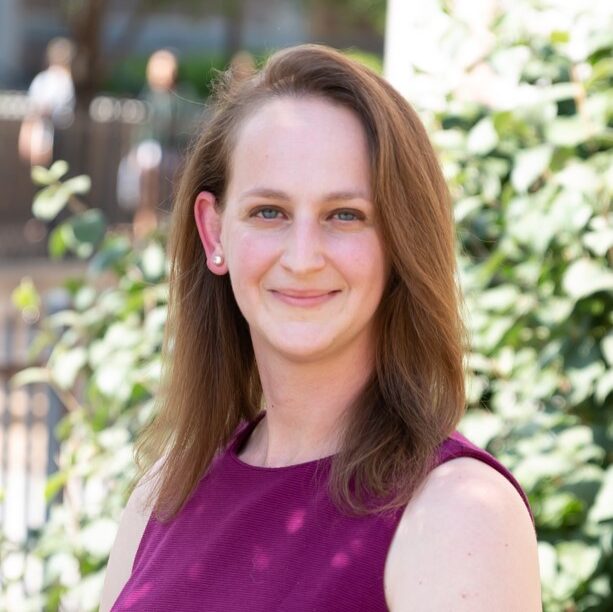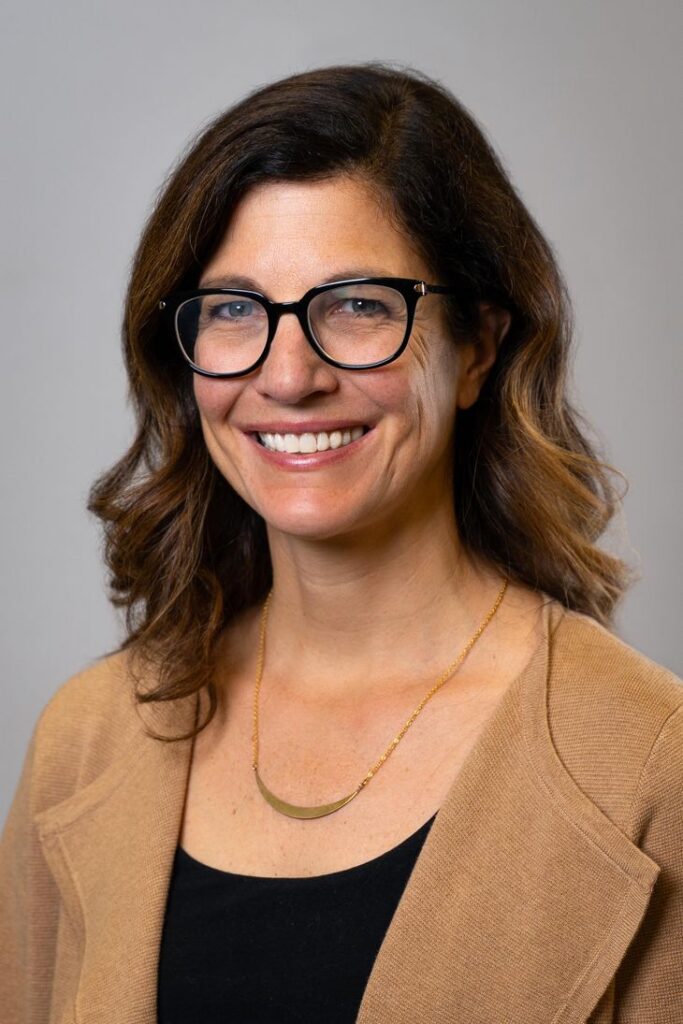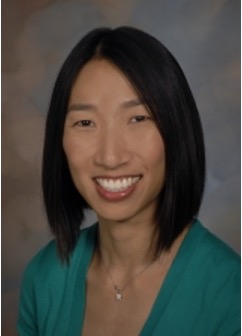Collaborator Spotlight: Colorado Investigators on the #4Corners4Health Project
Thirteen scientists from universities and NCI Comprehensive Cancer Centers in Arizona, Colorado, New Mexico, and Utah are collaborating with Dr. David Buller, Klein Buendel’s Director of Research, on the #4Corners4Health study (CA268037). The 4Corners study aims to aid rural emerging adults (ages 18-26 years) in making informed decisions that reduce cancer risk factors and prevent cancer later in life and help emerging adults evaluate and resist misinformation and marketing that promote cancer risk behaviors. This will be accomplished using a social media campaign designed with community advisors for diverse young adults living in rural counties in the Four Corners states (AZ, CO, NM, and UT). Social media may reach emerging adults more than interventions through other community channels (for example, clinics, schools, and workplaces) and for lower cost in the geographically-dispersed, underserved rural communities in the Mountain West.
This Collaborator Spotlight features the Co-Investigators from Colorado, outside of Klein Buendel. Dr. Barbara Walkosz and Dr. W. Gill Woodall from Klein Buendel are also Co-Investigators on this project.
Dr. Doug Taren, Co-Investigator, University of Colorado
Dr. Douglas Taren, PhD, MS, has degrees in Math, Chemistry, and Nutritional Sciences from the University of Arizona, and a doctorate in International Nutrition from Cornell University (International Nutrition). He is currently a Professor of Pediatrics (Nutrition Section) at the University of Colorado, Anschutz Medical Campus. He is also a Professor Emeritus in the Health Promotion Sciences Department at the School of Public Health at the University of Arizona.
Dr. Taren’s research focuses primarily on maternal and child nutrition with a special emphasis on decreasing health disparities within low income populations and countries. He is specifically interested in domestic and global food security issues, local food systems, clinical and public health approaches to child weight management, the evaluation of humanitarian food aid programs, and dietary interventions. Some of his recent projects have included evaluating the impact of solar market gardens for small landowners that use solar-powered drip irrigation on health outcomes, the interaction between food safety and nutrition and how food systems impact the development of risk factors for type 2 diabetes in children.
As an international scholar, his studies and teaching experiences in maternal and child health have been conducted in several Latin American, Asian and African countries with funding from numerous organizations including USAID, FAO, NIH, CDC, and the Elizabeth Glaser Pediatric AIDS Foundation. These projects have focused on food security programs with organizations such as Save the Children, Counterparts International, TANGO International and the World Food Program. He has worked on improving programs that prevent and treat vitamin A deficiency in Nepali pregnant women and young children, and effectiveness studies on decreasing mother-to-child HIV transmission in Kenya. He has also worked on improving dietary assessment methods and community-based programs to decrease childhood obesity. Dr. Taren has served as a resource person to the World Health Organization Nutrition Guidance Expert Advisory Group Monitoring and Evaluation Subgroup on Guidelines for the Assessment of Vitamin A and Iron Status in Populations.
Dr. Evelinn Borrayo, Co-Investigator, University of Colorado
Dr. Evelinn Borrayo, PhD, MA, is a Professor, the Associate Director of Research at the Latino Research and Policy Center in the Department of Community and Behavioral Health, and the Associate Director for Community Outreach and Engagement in the Cancer Center at the University of Colorado, Anschutz Medical Campus. She was trained in clinical health psychology and has served as an appointed and voting member of the Colorado Board of Health.
Dr. Borrayo’s research interests include cancer prevention, equity and social justice, health disparities, health outcomes, and Latina/Latino health. Her research focuses on health disparities in the prevention, control, and treatment of cancer among medically underserved Latinos. Her research projects have focused on the psychological, cultural, and social factors involved in cancer prevention and control and in the treatment of lung and head-and-neck cancers among Latinas and Latinos affected by these cancers. She conducts research in both community-based and medical settings.
Dr. Kim Henry, Co-Investigator, Colorado State University
Kimberly Henry, PhD, is a Professor of Applied Social and Health Psychology in the Department of Psychology at Colorado State University. She received her doctorate in biobehavioral health from Penn State University. Dr. Henry’s areas of research expertise include school disengagement, adolescent and young adult development, drug use, delinquency, and longitudinal methodology. Her focus is on the psychological and social factors that produce or mitigate the health-risking behaviors of adolescents and young adults. Her goal is to develop and test theoretical models in order to understand the complex interactions of risk, promotive, and protective factors that influence risky behaviors and to create and test methods for prevention.



